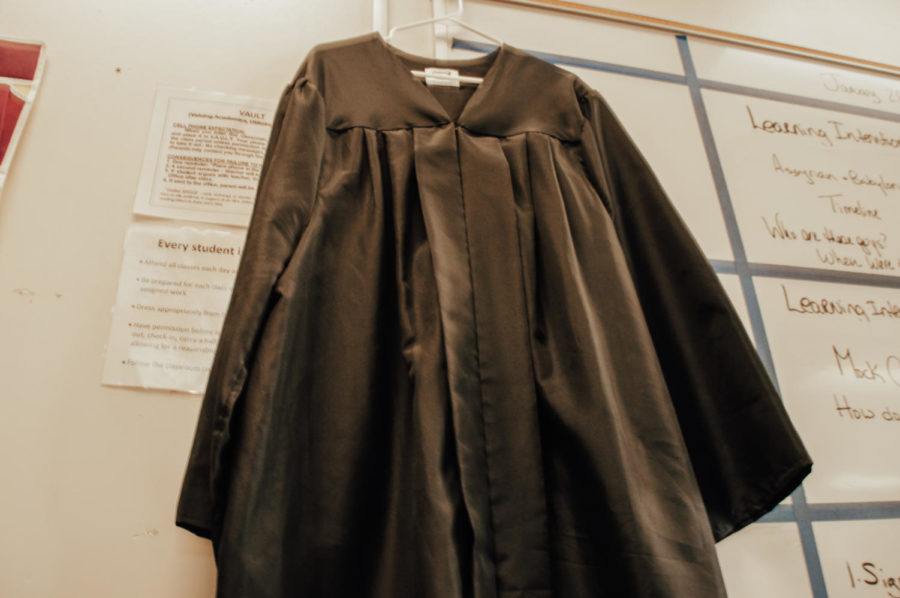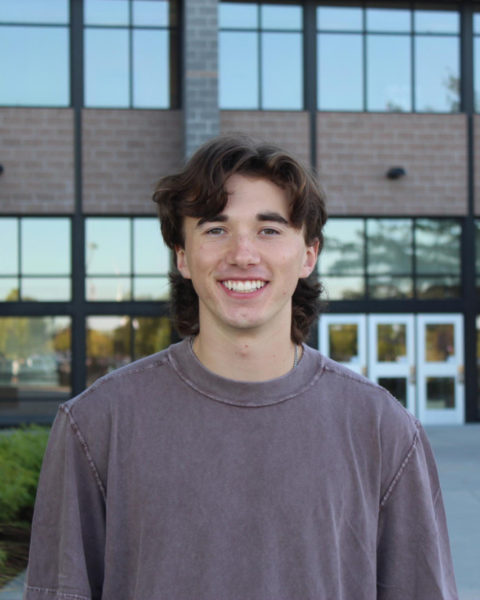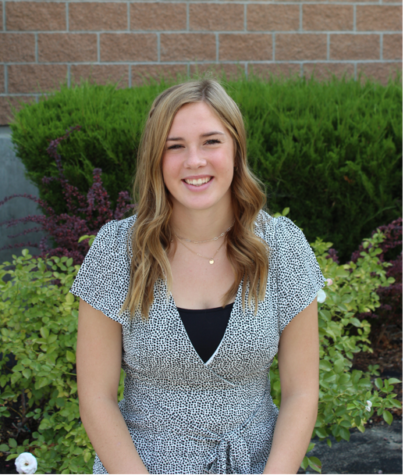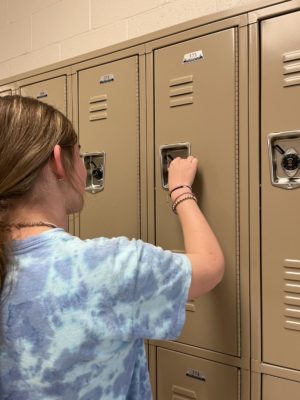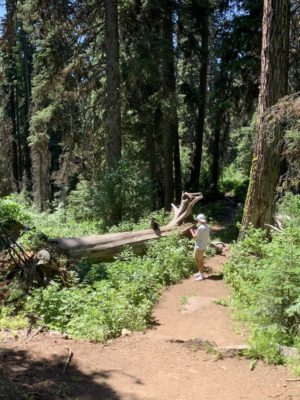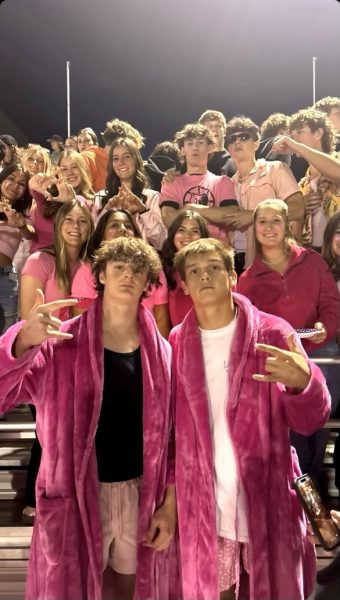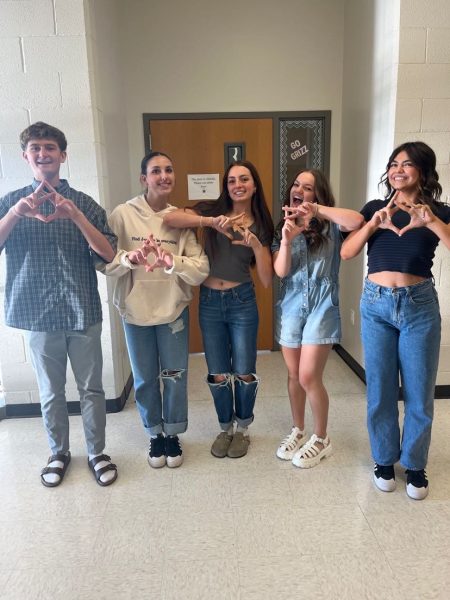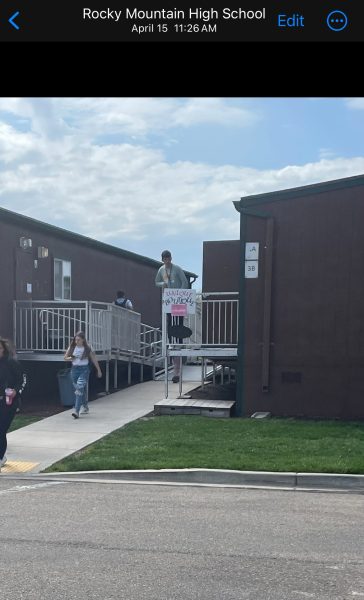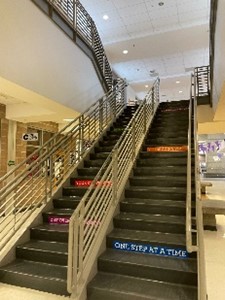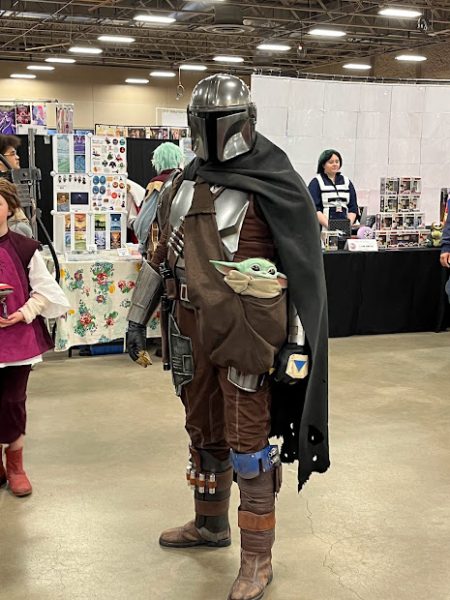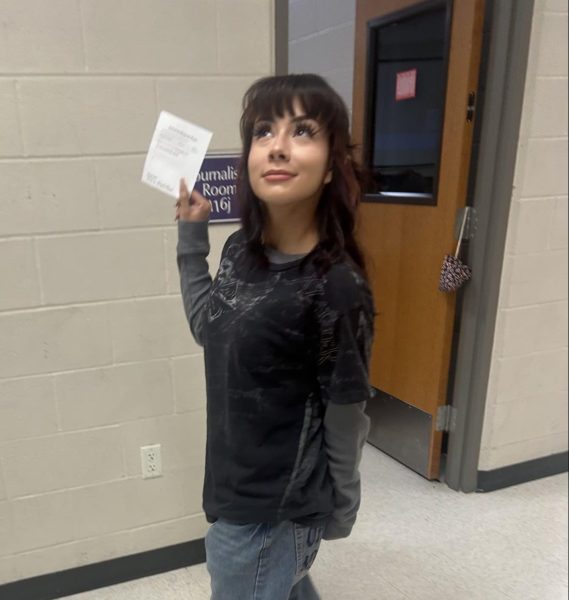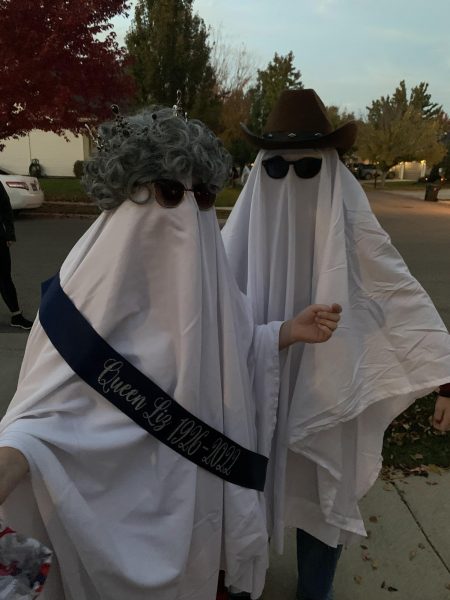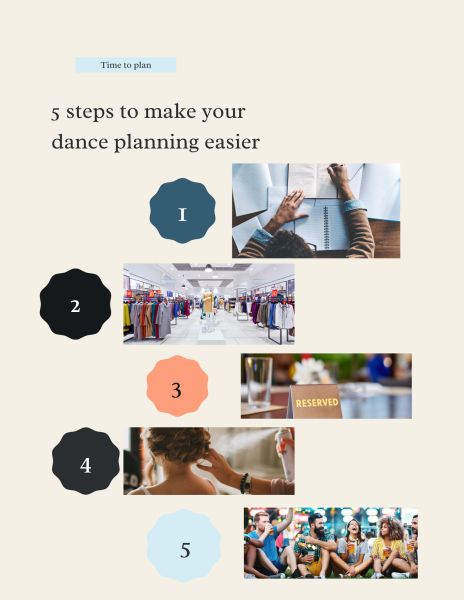Choosing A Career Path
February 11, 2022
For many, high school is a roller coaster of choices, leading to much stress, and panic. Even before graduating this leaves the even bigger choice of “What should I do after high school?” This question is becoming more common every year, with there being many possibilities.
Quinn Robbins, a sophomore at Rocky Mountain High School, was asked if school helps students decide what they want to do after graduation.
Robbins said, “No, the classes are more set towards specific subjects that don’t really have much to do with after high school.”
“I don’t think most students know what they want to do. I just figured out what I want to do. A lot of people don’t put that much thought into it right now. I think that people will start panicking and choosing maybe the first thing that comes to mind.”
Teyah Ripplinger, another sophomore, shared that “There’s too many things I want to pursue. I’m still realizing what I’m good at, so I can see what possibilities I have in the future. For most high schoolers, they don’t know what they’re doing [and] they are worried about other things.”
For students who do not know, there is a career counselor here at Rocky Mountain High School that can help students narrow down their choices and find areas of strength.
Sierra Teseo, the Career Center Counselor, said: “My job is to give students the tools to explore their personal strengths, abilities and interests as well as values to make informed decisions about the various pathways after high school. It’s important to let students know all of their options after high school and find a goal that works best for them. My role is to help students set goals for their own future and make solid plan for achieving those goals.”
Teseo also said, “There are a lot of different career pathways after high school. Students can find training in almost every field depending on how much education they want to obtain for themselves. Of course, two year and four-year colleges are very popular, but we also have military options, trade schools, workforce training, workforce and apprenticeships that offer alternate routes to great paying careers.”
“The most common question I get is ‘How do I know what I want to do for the rest of my life?’
I think there’s a lot of pressure on students to have it all figured out. But I always tell students, they just need to know what their next step is. They don’t have to have it all figured out. Good decisions begin with knowing yourself and knowing all of your options…so taking the time to experience things, get involved. Explore too; careers [are] really important, but you don’t have to have your entire lives figured out. What’s most important is that you continue to explore careers, that you’re talking to people that you know, and have a little bit of self-knowledge and you can develop your own skills and knowledge.”
“There are students that know exactly what they want to do. They have a solid plan. And then there are students that have no idea and don’t know until the very end of high school about what their next step is. So it really just wildly varies. Every student has a unique place as far as creating a plan for their lives; their pathway is going to look different than everybody else’s. Planning your career is a unique experience for everybody and everybody’s in a different place. And that’s okay. I think that’s part of what makes my job so interesting is that I get to work with you wherever you’re at in that process.”
“I start working with students at Rocky in the ninth grade through classroom presentations, and we can begin to explore their students interests and aptitudes and abilities through assessments. We talk about careers. We talk about the various pathways and things like that. Every single year I get into the classroom and I work with students for those same purposes. But part of what my job is and what makes it so great is that I get to bring in reps from the community and colleges and military or students to interact with and learn more about those different pathways.
“I’m always encouraging students to not just visit with those reps but also to get involved in the community through volunteering and working joining clubs and organizations here at Rocky so that you can learn a little bit about yourself and the different pathways and options out there. It also is helpful to get involved to kind of build some soft skills and be work ready.”

